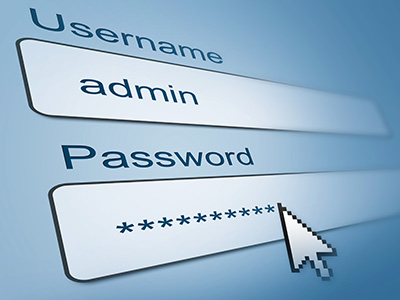
Since the early days of this blog, we’ve been covering the ongoing legal battle involving ex-Korn Ferry recruiter David Nosal as it winds its way through the courts. The latest chapter in this saga came on December 8, 2016, when a Ninth Circuit panel clarified that the Computer Fraud and Abuse Act (CFAA) does not criminalize innocent password sharing, in a published opinion denying Nosal’s request for a rehearing en banc.
As loyal readers know, the case involves the prosecution of David Nosal, a former executive with the recruitment and talent management firm, Korn Ferry. Nosal was originally charged with eight counts of violating the CFAA in 2008 for conspiring with then-current and former Korn Ferry employees to obtain confidential data from the firm’s database.
For those of you just tuning in, here are some key points in the timeline:
- In April 2012, an en banc panel of the Ninth Circuit dismissed five of the eight CFAA counts against Nosal (“Nosal I”).
- In April 2013, a jury convicted Nosal of the remaining CFAA counts as well as two counts of violating the Economic Espionage Act (EEA) for theft of trade secrets.
- In January 2014, Nosal was sentenced to 366 days in prison, three years supervised release, community service, $60,000 in fines, and restitution. The district court stayed his sentence pending appeal.
- In October 2015, we covered the oral arguments before a three-judge panel of the Ninth Circuit.
- In July 2016, the Ninth Circuit affirmed Nosal’s conviction under the CFAA, in United States v. Nosal (“Nosal II”).
The Nosal case has been a proving ground for various arguments under the CFAA. For starters, the CFAA is an old law (originally enacted in 1984), and there’s been an ongoing debate on adapting the law to new technologies. There are also arguments over the distinction between outside hackers and malicious insiders and to what extent the CFAA’s reach covers both. And, as the Ninth Circuit noted in its December 2016 opinion, federal courts are still very much divided on the question of what is meant by the statutory term “exceeds authorized access.”
One argument that has engendered a lot of online support (not to mention support in the form of amicus briefs) is the idea that password sharing is not hacking and should not be a federal crime. In particular, Nosal raised this argument in his Ninth Circuit brief, referring to a passage in Nosal I where Judge Alex Kozinski reasons that “Facebook makes it a violation of the terms of service to let anyone log into your account. . . . but few imagine they might be marched off to federal prison for doing so.”
A split Ninth Circuit panel, in an opinion by Judge McKeown (with Judge Reinhardt dissenting), attempted to put this argument to rest. Reiterating its conclusion from its July decision, the court stated that “once authorization to access a computer has been affirmatively revoked, the user cannot sidestep the statute by going through the back door and accessing the computer through a third party.”
Finally, because Nosal was charged under a provision of the CFAA that requires knowledge and intent to defraud, the court, in its recent amended opinion, stated categorically that its view of the CFAA will not “sweep in innocent conduct, such as family password sharing.”
This remains the last word from the Ninth Circuit, but there could well be future chapters in the Nosal saga. Stay tuned to our blog to see if the next chapter takes us to the U.S. Supreme Court.

